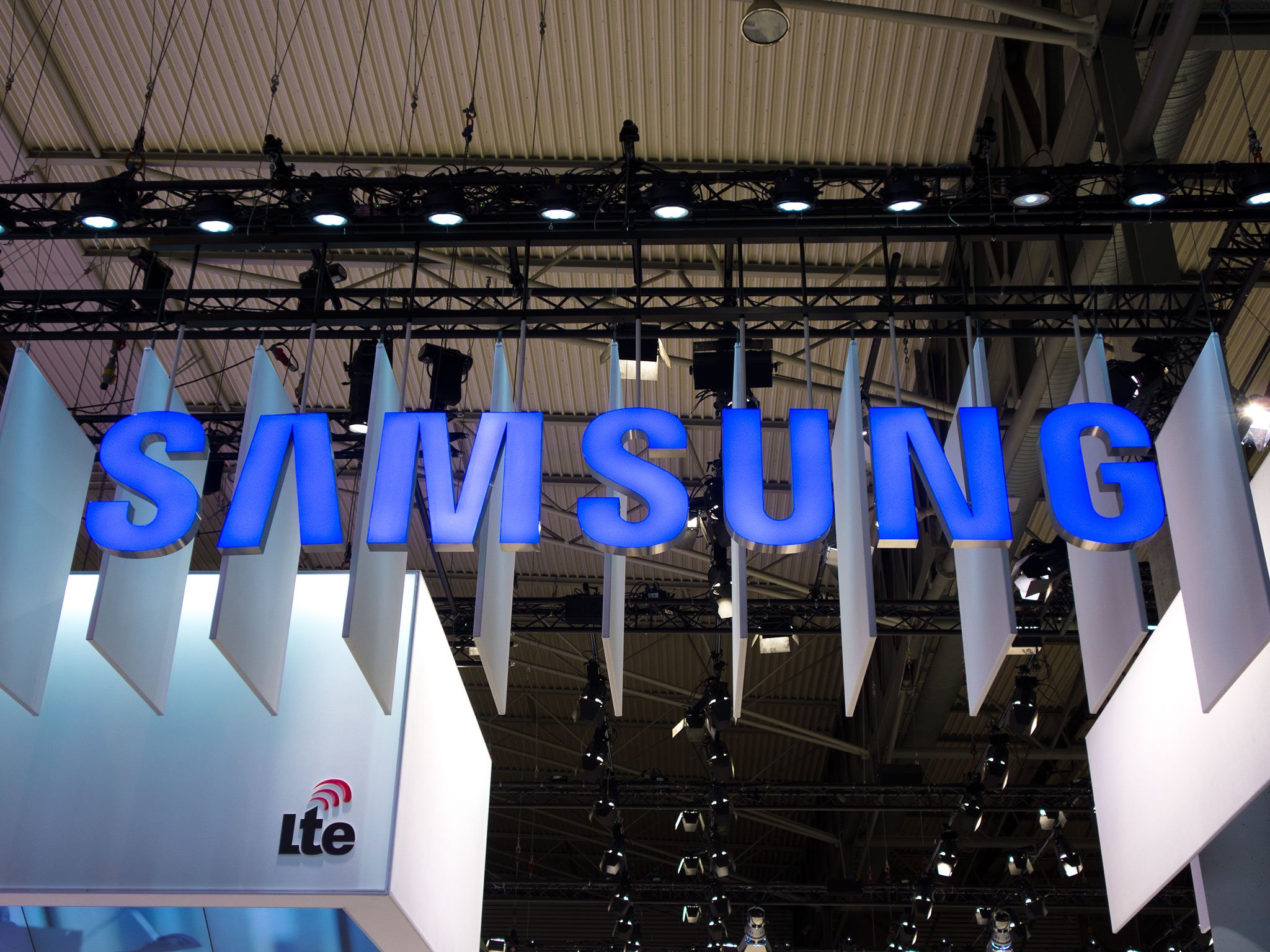Samsung, Intel and Dell create a consortium for connected devices

Samsung, Intel and Dell have teamed up to establish an Open Interconnect Consortium (OIC) that will handle the creation of standards and set guidelines for data transmission between several IoT devices like connected thermostats, light bulbs, burglar alarms and home automation systems.
Gary Martz, product line manager at Intel, said that the OIC will set up standards centred around "connectivity, discovery and authentication of devices, and data-gathering instruments in smart homes, consumer electronics and enterprises." Martz said that the main target with the alliance is to target sectors like automotive and health care, where devices and communication technologies are different. The OIC will work on standards across a broad range of technologies that include Wi-Fi, Bluetooth and NFC.
The OIC is not the first consortium created for connecting IoT devices, as the Linux Foundation announced an AllSeen Alliance with the likes of Qualcomm, Microsoft, LG, Sharp, Panasonic and others at the end of last year. Both consortiums are working on their own open-source platforms — the OIC will be launching its software later this year, while the AllSeen Alliance is committed to Qualcomm's AllJoyn platform.
While the presence of two consortiums working on two different sets of standards may seem counter-intuitive, Martz said that the OIC would be focusing on security and other areas that are not adequately covered by the AllSeen Alliance. In addition to Samsung, Intel and Dell, OIC's members include Atmel, Broadcom and Wind River.
Now with the likes of Samsung and Intel backing a new consortium, it looks like we'll witness a standards battle revolving around connected home tech.
Source: Samsung
Get the Windows Central Newsletter
All the latest news, reviews, and guides for Windows and Xbox diehards.

Harish Jonnalagadda is a Senior Editor overseeing Asia for Android Central, Windows Central's sister site. When not reviewing phones, he's testing PC hardware, including video cards, motherboards, gaming accessories, and keyboards.